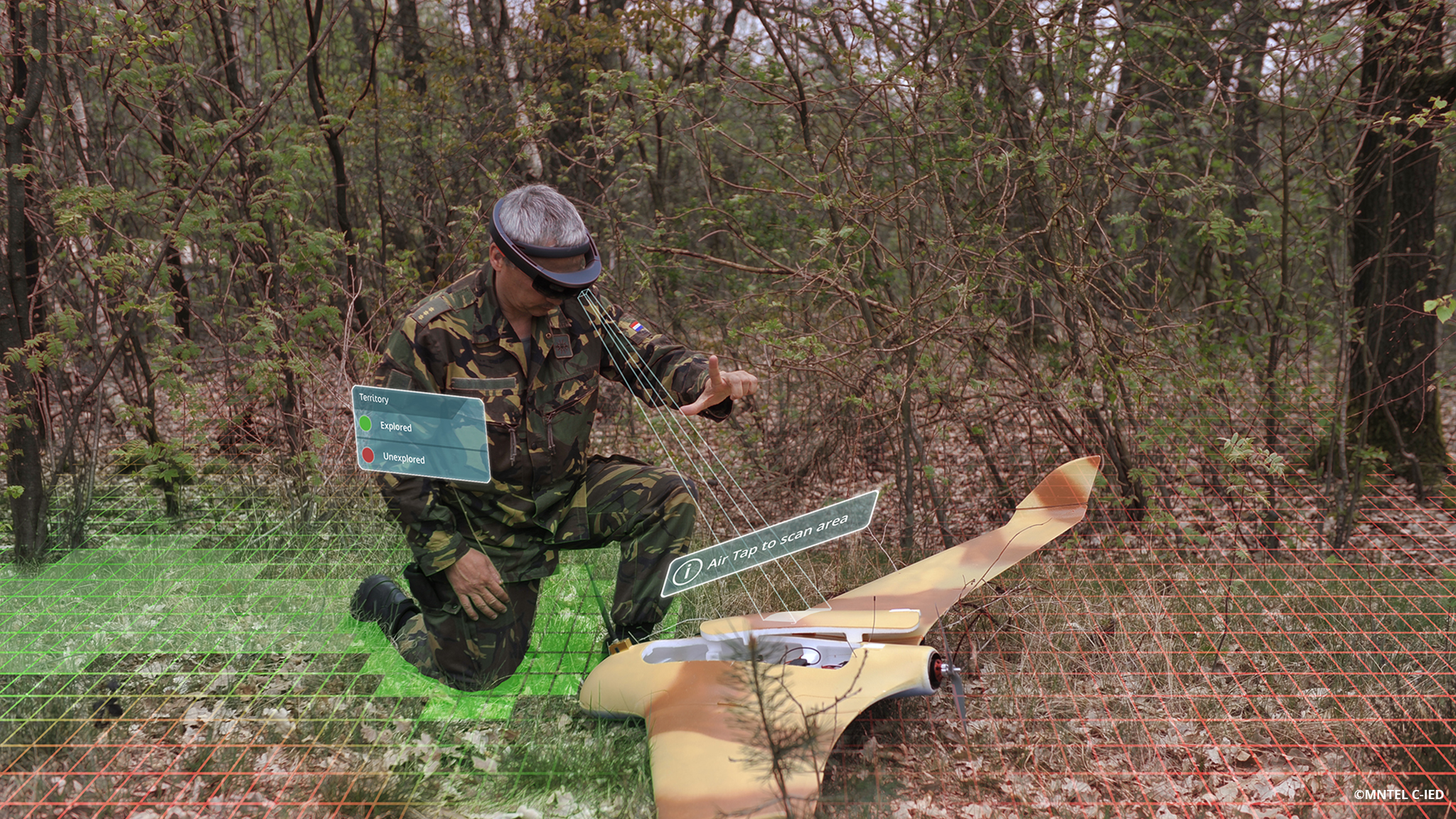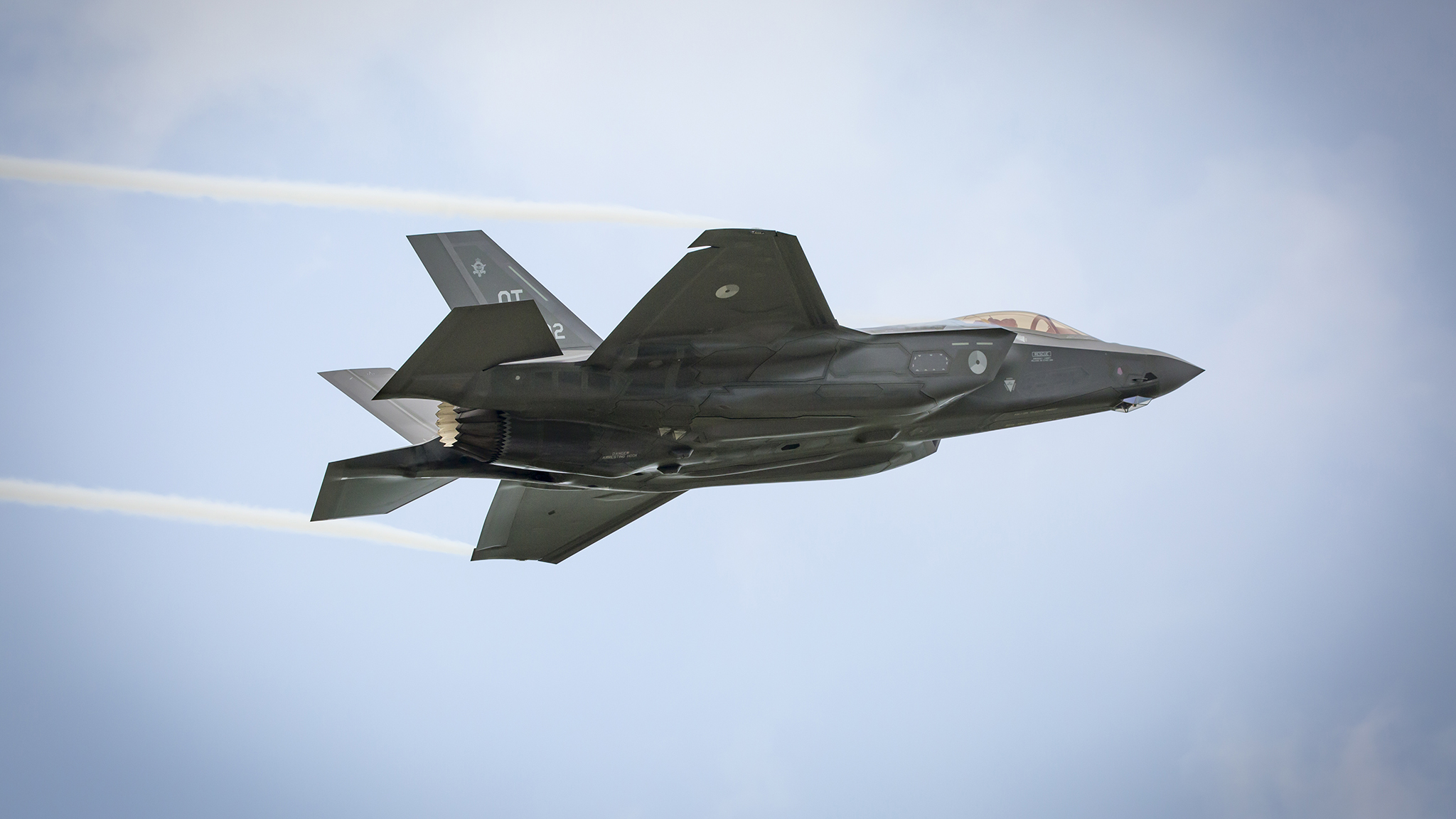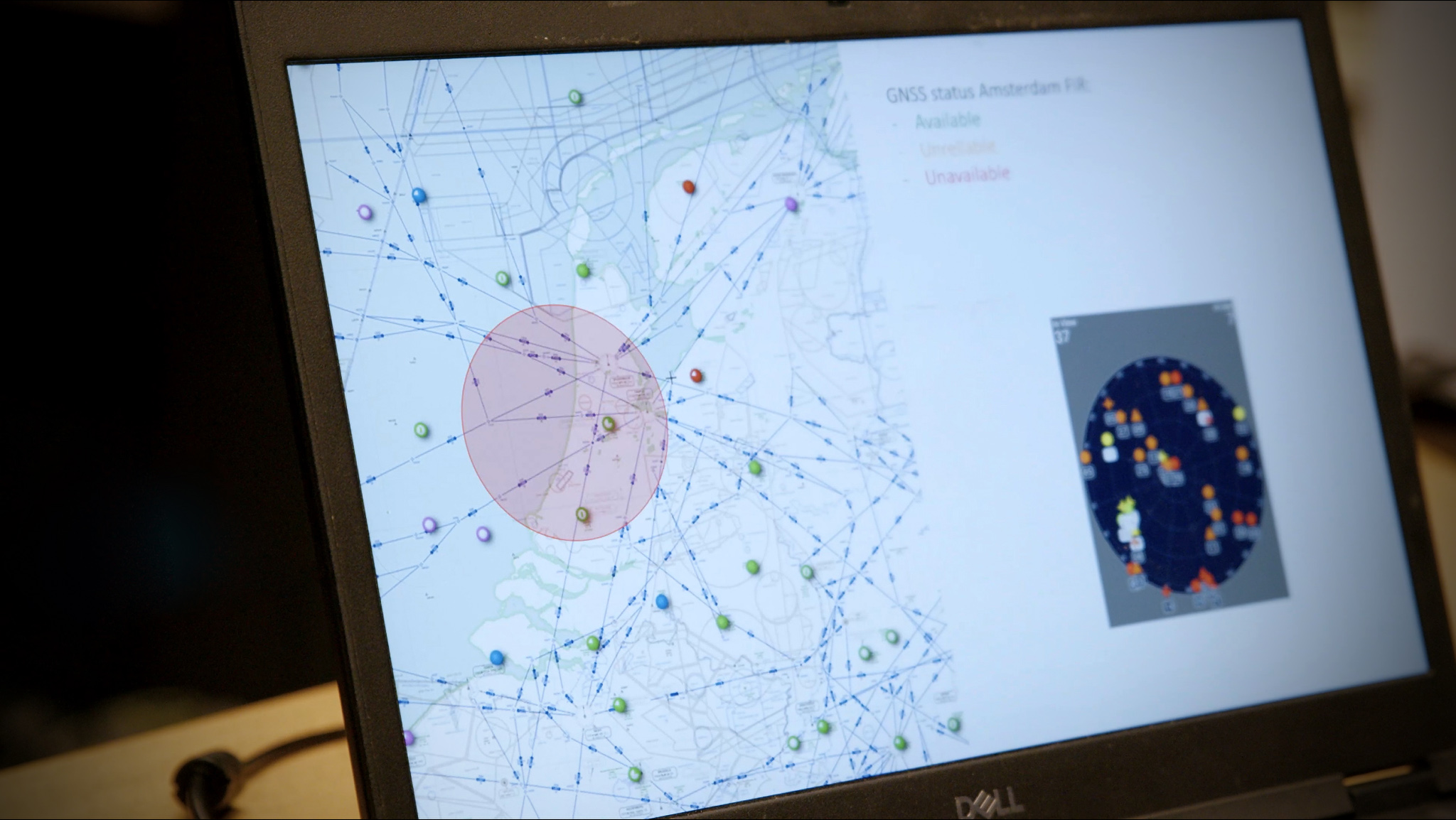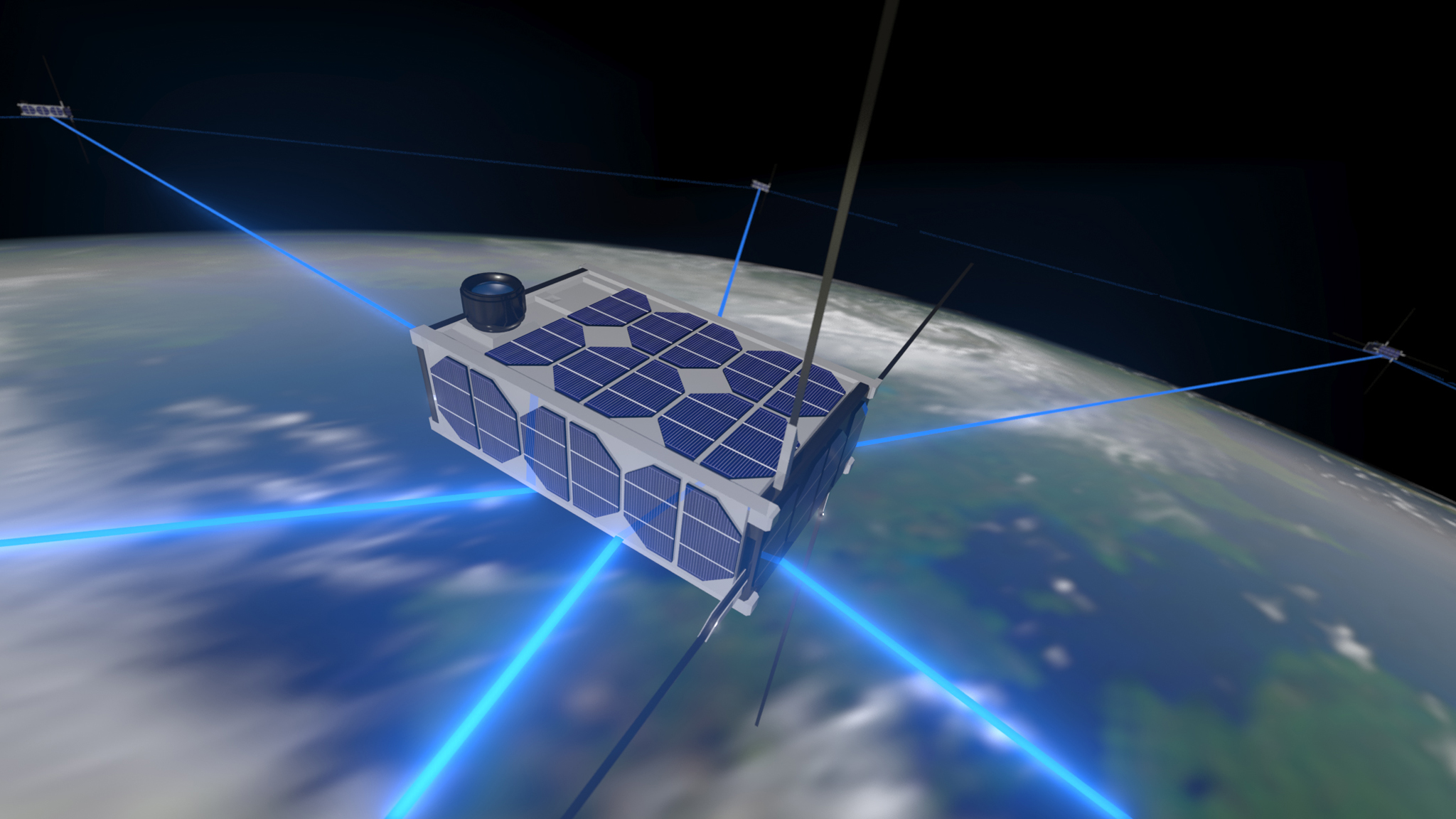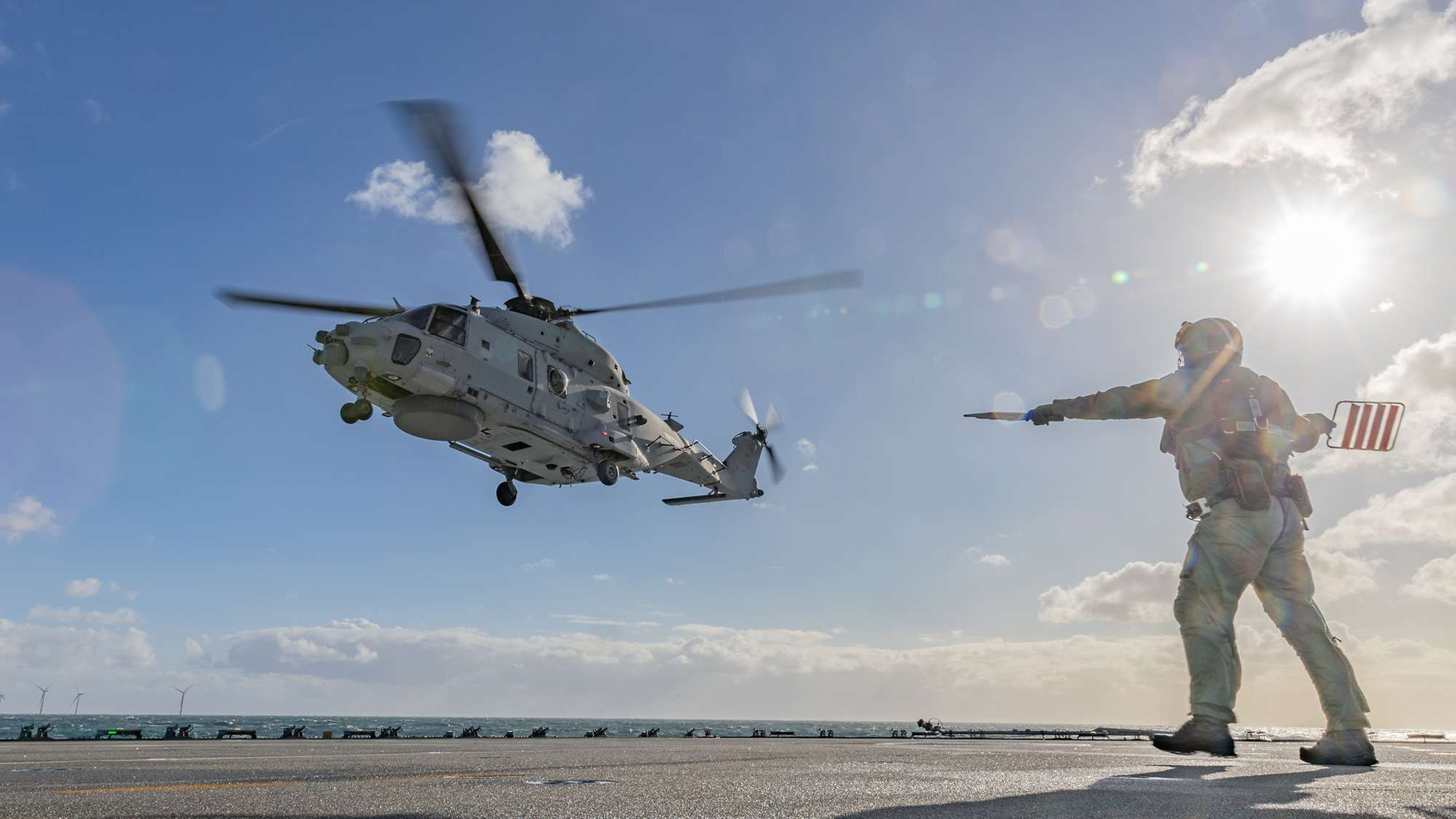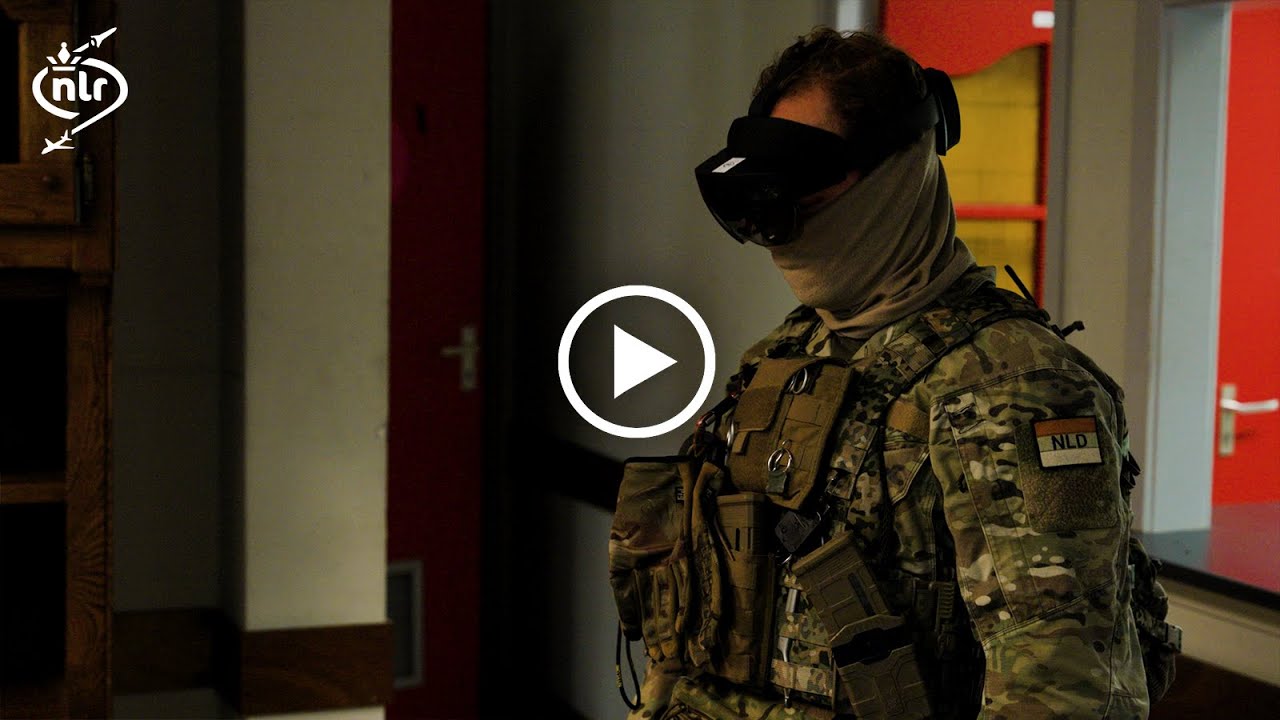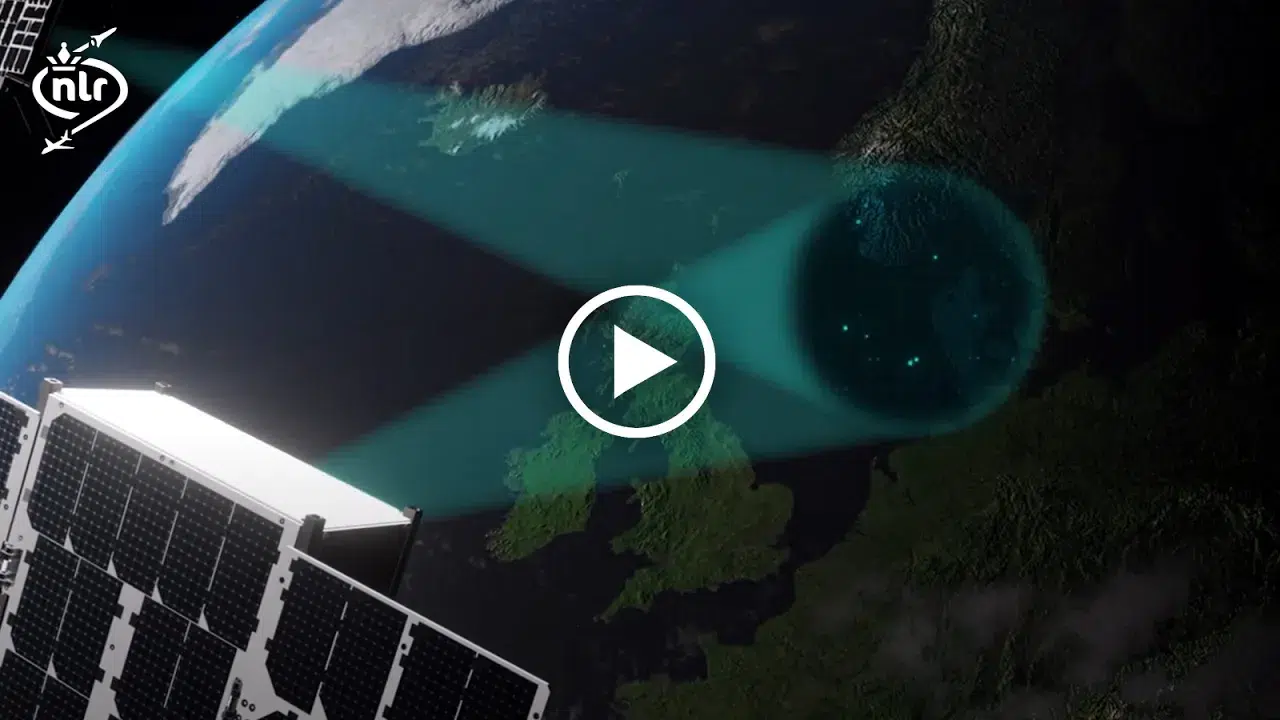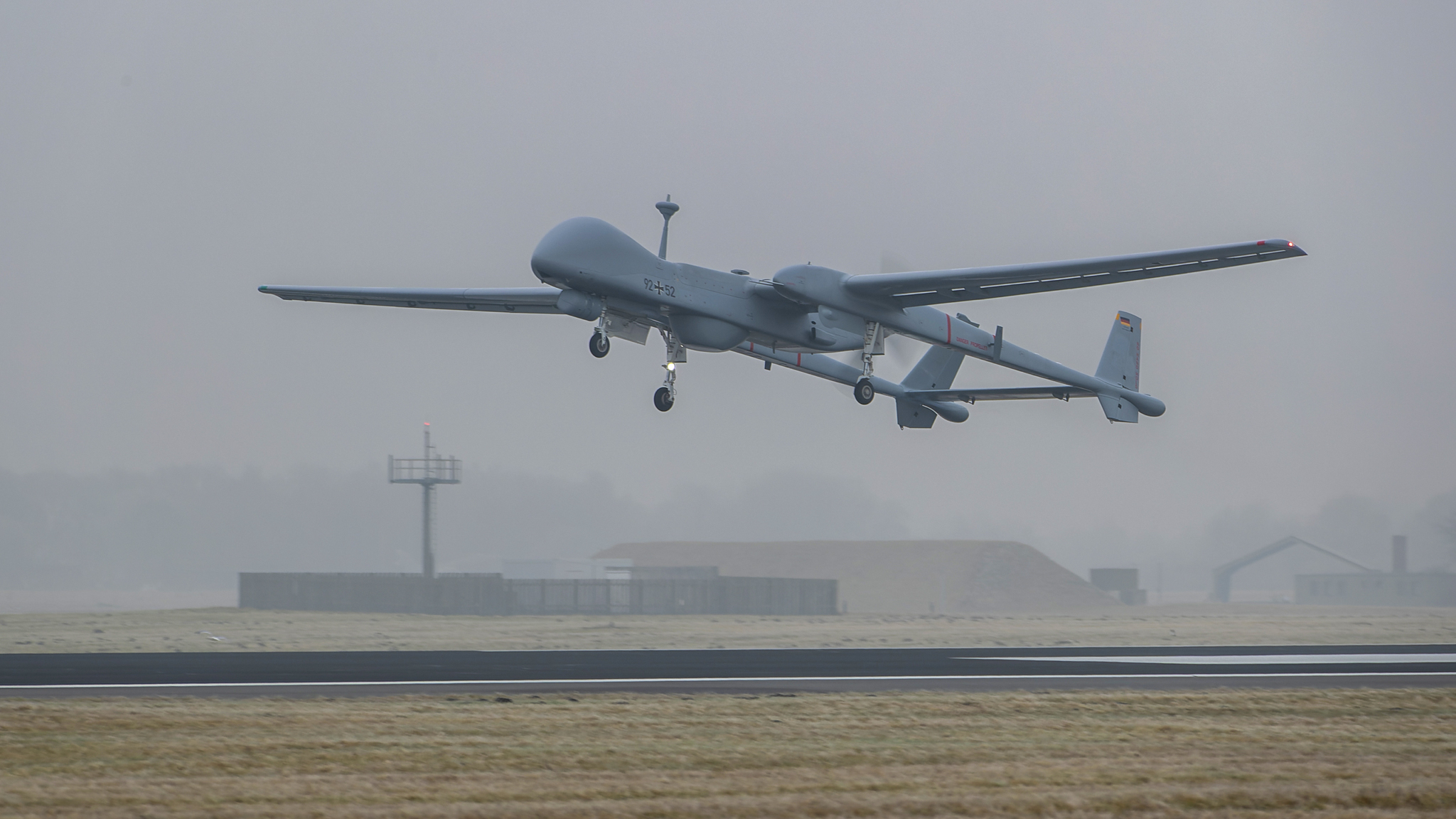
06 February 2025
German Armed Forces drone flies through European upper airspace for the time
On Monday, 3 February, a German drone with a wingspan of 26 metres belonging to the German Armed Forces flew from Germany to the Netherlands and back. The flight was the first in Europe to take place in upper airspace where commercial aircraft fly. The European MALE RPAS project is exploring the integration of uncrewed flights on overall air traffic, with the goal of ensuring safe and efficient coexistence between manned and unmanned aircraft.

